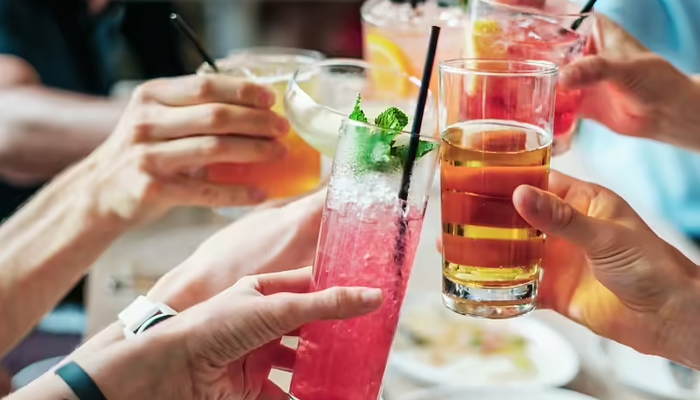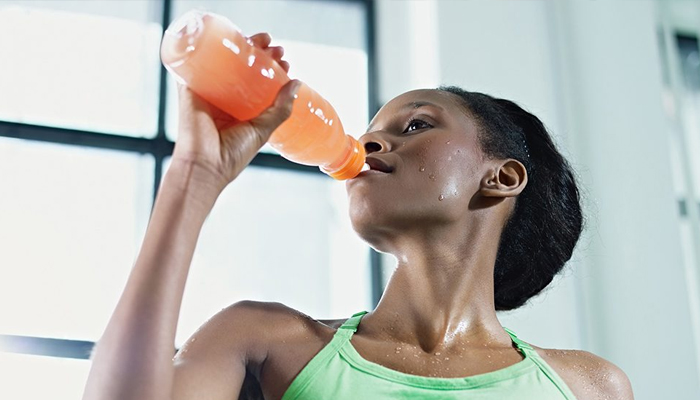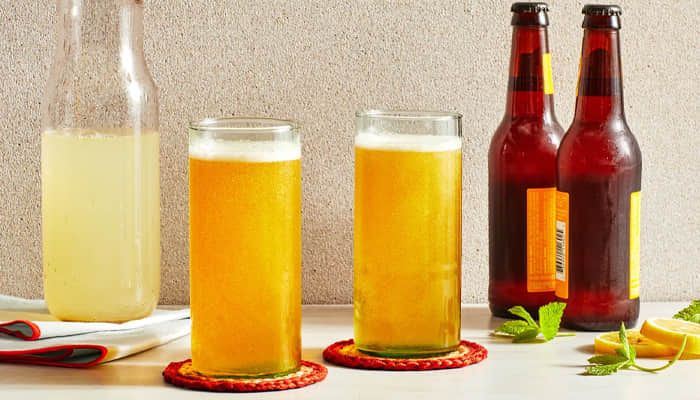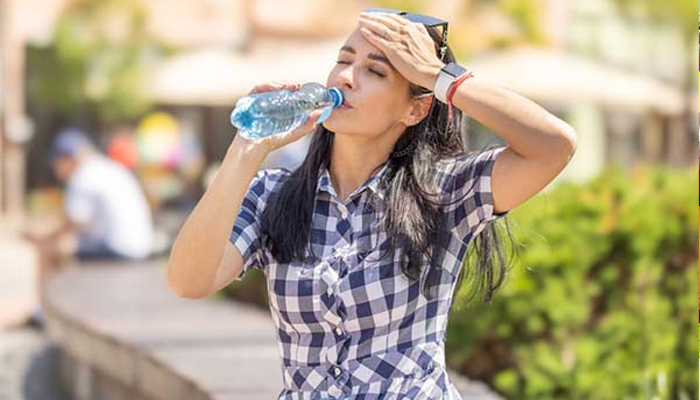
When the summer heat kicks in, staying hydrated becomes a top priority. Most of us instinctively reach for something cold and refreshing to cool down—maybe a tall glass of iced tea, a sports drink, or even soda with lots of ice. It feels like a quick relief. But here’s the surprising truth: some of the most common summer drinks might actually leave you more dehydrated than before.
That’s right. The very drinks we count on to quench our thirst could be doing the opposite. If you find yourself constantly sipping but still feeling dry-mouthed, tired, or bloated, it might be time to take a closer look at what’s in your glass.
Why You Still Feel Thirsty After Drinking
Thirst isn’t just about how much liquid you take in—it’s also about how your body processes and holds onto water. Some ingredients found in popular beverages, like added sugar, caffeine, and artificial additives, can interfere with your body’s hydration system.
Instead of helping your cells absorb and retain water, these substances can pull water out of your tissues or cause your body to flush fluids too quickly. That’s why you might feel like you’re drinking enough but still getting headaches, dry skin, or fatigue.
Sugary Drinks: The Hidden Dehydrators

Many people don’t realize how much sugar is hiding in their favorite summer drinks. Bottled iced teas, lemonades, fruit punches, and even smoothies often contain 20 to 40 grams of sugar per serving—sometimes more than a candy bar.
When you drink something high in sugar, your body needs extra water to process it. That’s because sugar pulls water into your digestive tract and your kidneys use water to flush out excess glucose. The result? You actually lose water after drinking it.
If you’ve ever felt even thirstier after finishing a sweet drink, now you know why.
Soda and Diet Soda: Not Helping Either
Regular soda is loaded with sugar, but even diet soda isn’t a good hydration choice. While it doesn’t have calories, it often contains caffeine, sodium, and artificial sweeteners that may trick your body into thinking it’s full—without actually giving you the hydration it needs.
Some studies also suggest that artificial sweeteners might impact how your body balances fluids or increase cravings, leading you to drink more without satisfying your thirst. Plus, carbonated drinks can make you feel bloated, which might keep you from drinking plain water when your body really needs it.
Sports Drinks: Good for Athletes, Not for Sitting in the Shade

Electrolyte drinks like Gatorade or Powerade are often marketed as the go-to solution for summer hydration. And yes, if you’re sweating heavily after an intense workout, these drinks can help replace lost sodium and potassium.
But here’s the catch: for most people just going about their day, sports drinks provide more sugar than electrolytes. Many contain 25–30 grams of sugar per bottle and are better suited for marathon runners than casual park walkers. If you’re not sweating buckets, these drinks might just spike your blood sugar and leave you thirstier than before.
Iced Coffee and Tea: Watch the Caffeine
There’s nothing like an iced coffee or sweet tea on a hot day—but caffeine is a mild diuretic, which means it increases urine production and can lead to fluid loss if you’re not drinking water alongside it.
One cup probably won’t cause trouble, but several caffeinated drinks throughout the day can gradually dry you out. And if you’re adding flavored syrups, whipped cream, or sugary creamers, you’re combining caffeine’s drying effect with sugar’s water-draining demands—a double hit to hydration.
Alcohol: The Classic Summer Trap

That cold beer or fruity cocktail might feel like a reward after a long, hot day—but alcohol is one of the most dehydrating substances you can consume. It suppresses the hormone that helps your body hold onto water, so you end up making more trips to the bathroom and losing more fluids.
Even just one or two drinks in the sun can leave you more dehydrated than you’d expect, especially if you’re sweating. That’s why hangovers often come with dry mouth, headache, and fatigue—it’s not just the alcohol, it’s the fluid loss that came with it.
What Actually Helps You Stay Hydrated?
Here’s the good news: staying truly hydrated in the summer doesn’t have to be complicated. Plain water is still the best choice. You can jazz it up with a slice of lemon, cucumber, or a few fresh mint leaves for flavor. Coconut water is also a great option—it’s naturally low in sugar and high in electrolytes, making it perfect for light activity and hot days.
You can also eat your water! Fresh fruits and vegetables like watermelon, cucumber, strawberries, and oranges are packed with water and nutrients that support hydration from the inside out.
Signs You Might Be Dehydrated—Even If You’re Drinking

Many people assume that as long as they’re sipping something, they’re hydrated. But dehydration doesn’t always feel like extreme thirst. Some signs to watch for:
- Dry lips or mouth, even after drinking
- Headache or lightheadedness
- Tiredness or lack of energy
- Dark-colored urine
- Cramping or muscle tightness
If you’re noticing any of these, take a moment to check what you’ve been drinking. It might be time to swap the iced latte for a glass of water.
A Simple Summer Rule: Hydrate First, Flavor Second
The next time you reach for a refreshing drink, pause and ask: Is this actually hydrating me? A good rule of thumb in summer is to start with water first, then enjoy other drinks in moderation. If you’re going to have iced coffee, tea, or a small soda, balance it out with a few extra glasses of plain or lightly flavored water throughout the day.
It’s not about giving up the drinks you enjoy—it’s about being smarter with what you drink when you need true hydration. Especially in the heat, your body depends on it more than ever.
